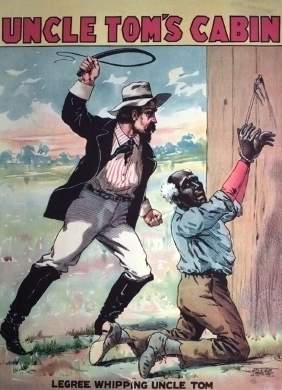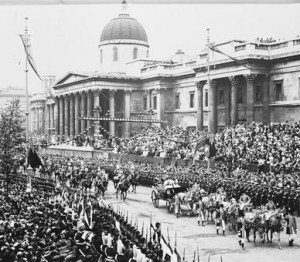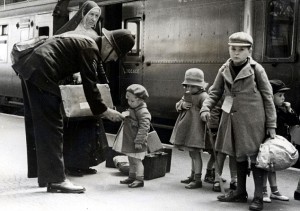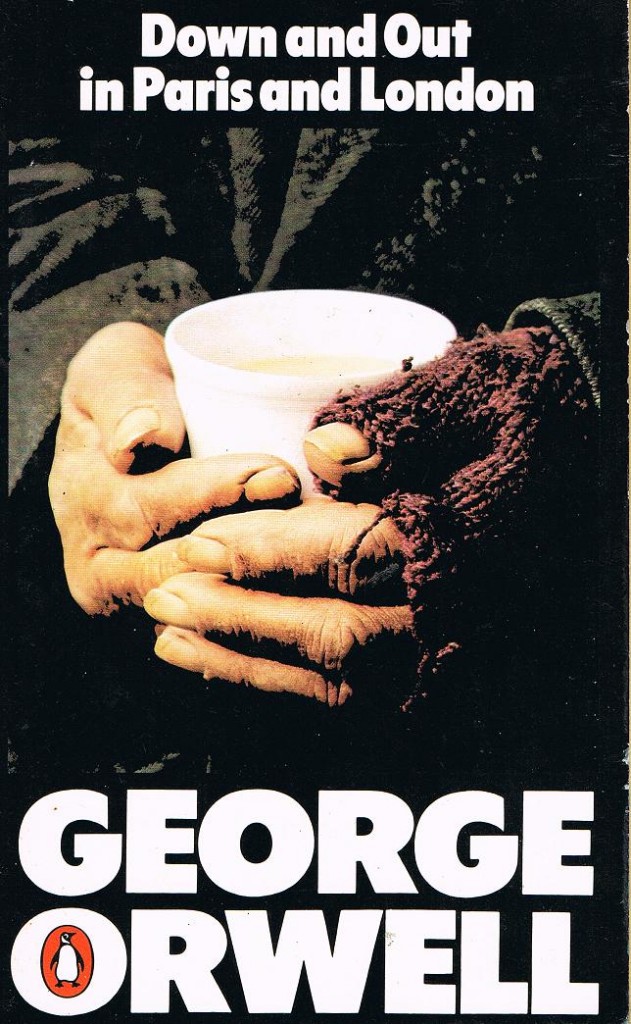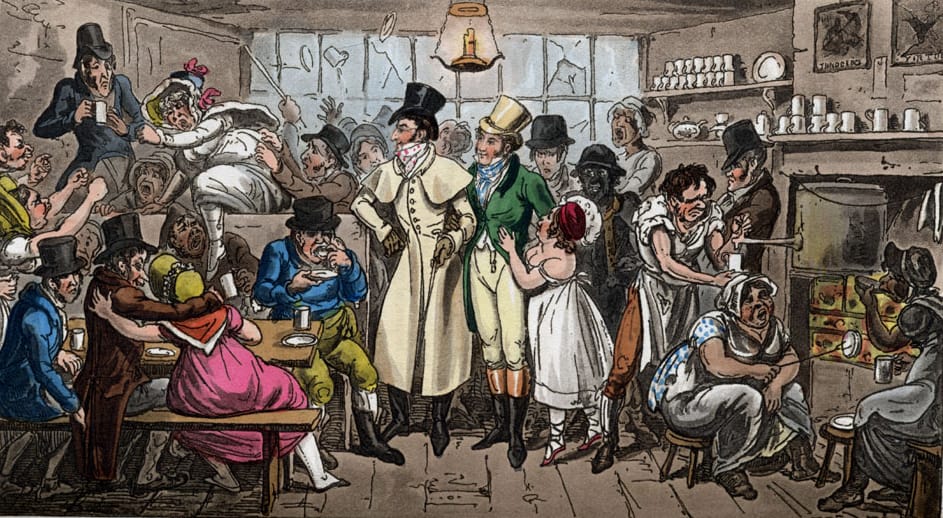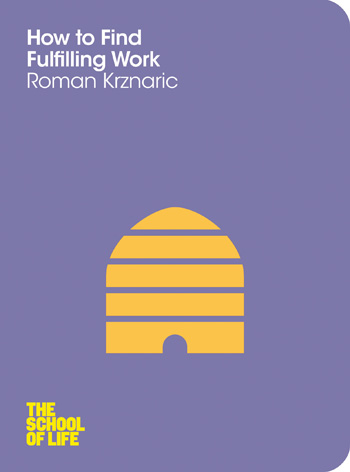 My new book How to Find Fulfilling Work is out today.
My new book How to Find Fulfilling Work is out today.
About the book
Part of a new series of guides to everyday living from The School of Life (edited by Alain de Botton), How to Find Fulfilling Work aims to help people navigate the labyrinth of career choices out there and to find a job that is big enough for their spirits. It busts plenty of myths along the way, such as the idea that you can trust personality tests to guide you to the right job, and offers wisdom from philosophy, psychology, history and literature. There are plenty of unusual solutions to our career dilemmas too, including taking a radical sabbatical and aspiring to be a wide achiever rather than a high achiever, as well as timely career advice from Leonardo da Vinci, Marie Curie and even Zorba the Greek. And you will meet a woman whose 30th birthday present to herself was to try 30 different jobs in one year.
You can find out more about the book here and buy it from Amazon or your local bookstore.
The School of Life series is being launched with events around the UK and beyond.
Other authors in the series include Alain de Botton, Philippa Perry, John-Paul Flintoff, Tom Chatfield and John Armstrong.
Best wishes and happy reading! Roman
Extract from the opening of Chapter 1: The Age of Fulfilment
Rob Archer grew up on a housing estate in Liverpool where there was 50 per cent unemployment and the main industry was heroin. He fought his way out, studying hard and getting to university, and found a great job as a management consultant in London. He was earning plenty of money, he had interesting clients and his family was proud of him. ‘I should have been very happy, but I was utterly miserable,’ he recalls. ‘I remember being put on assignments in which I had no background but was presented as an expert. I was supposed to know about knowledge management and IT, but it all left me cold, and I always felt like an outsider.’ He did his best to ignore his feelings:
I assumed I should be grateful to just have a job, let alone a ‘good’ one. So I focused harder on trying to fit in and when that didn’t work, I lived for the weekend. I did this for ten years, burning the candle at both ends. Eventually it caught up with me. I became chronically stressed and anxious. Then one day I had to ask the CEO’s personal assistant to call me an ambulance because I thought I was having a heart attack. It turned out to be a panic attack. That’s when I knew I couldn’t go on. The problem was that all the alternatives – changing career, starting over again – seemed impossible. How could I trade in the security of my comfortable life for uncertainty? Wouldn’t I be risking all the progress I had made? I also felt guilt that I should even be searching for such luxuries as ‘meaning’ and ‘fulfilment’. Would my grandfather have complained at such fortune? Life appeared to offer an awful choice: money or meaning.
You can read the rest of Chapter 1 here.
